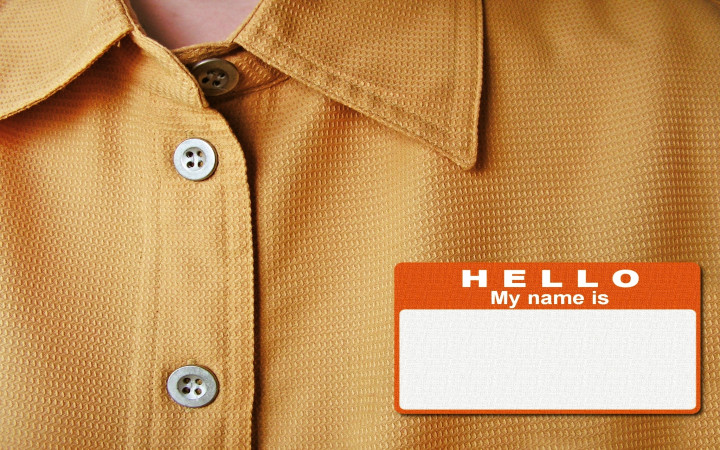Today’s Wonder of the Day was inspired by Dianna from AL. Dianna Wonders, “Where did my last name come from?” Thanks for WONDERing with us, Dianna!
Do you like social studies? Learning about the past can be so much fun. It’s great to learn about where we’ve been and how the past shapes the future.
Of course, it can be hard to remember lots of dates. Not to mention all those names! George Washington. Eleanor Roosevelt. Amelia Earhart. Rosa Parks. Malcolm X.
Yes, there certainly are a lot of important names in history. Have you ever stopped and WONDERed where all these names came from? Take last names for example—how did you get yours? It may have come from your parents. But where did they get it? If you keep tracing things back in time, your last name (or surname) had to start somewhere, right?
Of course it did! In fact, people haven’t always had last names. China was one of the earliest civilizations to use surnames. People there reportedly took on family names over three thousand years ago to help improve their census. For many years, surnames were passed down by mothers. Today, though, most children in China take their father’s last name, as do those in much of the world.
Last names didn’t come to Europe until later. They can be traced to the Middle Ages. At that time, most Europeans lived in small villages separated by large areas of farmland. People rarely met those from other areas. Everyone knew all others who lived in their village, so there wasn’t really a need for last names.
Over time, though, these villages and populations grew. People traveled more. They traded with other places. Soon, they needed a way to tell the difference between people with the same name. Last names started as a way to separate one “John” from another “John.”
European last names had many sources. However, they can be put into four groups: patronymic, locative, occupational or status, and nicknames. The first surnames were quite simple. They became more diverse and complex over the years.
Patronymic names identify people as their fathers’ children. For example, a father named Richard might have a daughter named Brooke. She might have become known as Brooke Richards.
Likewise, a father named John might have adopted a son named Stephen. Stephen may have gone by the name Stephen Johnson. That would mean he was the Stephen who was John’s son.
Locative surnames identify people based on where they were born, lived, or worked. For example, Sara York was probably the Sara who lived in the town of York. Locative names could also refer to a land feature. Theodore Underhill or Karen Atwood probably got their names from references to hills or woods near where they lived.
Occupational or status names were also common. They were based on jobs or social status. Andrea Baker was probably the Andrea in the village who was a baker. Robert Knight might have chosen his surname to reflect his social standing as a knight.
Other common last names were based on nicknames. These were usually words that helped to describe a person in some way. These may have been based on size (long, short, little) or a personality characteristic (stout, stern, jolly).
Many of these European last names made their way to the United States during colonization. Today, some Americans can trace their surnames all the way back to places from which their families emigrated. However, many other last names have been lost over time.
This was especially common when people were brought from Africa to be enslaved in the United States. Slave owners often stripped these people of both their first and last names. Over generations of enslavement, their original surnames were forgotten.
After the end of slavery, previously enslaved people chose their own last names. Some took the names of their former owners. Others took on the family names of important figures in American history or chose entirely new last names. Today, some people still choose their own last names. They do so to make their names fit their personalities or beliefs.
Where did your last name come from? Could it have been a distant ancestor’s occupation? Maybe it tells you what your great-great-great-great grandparents looked like! Whatever your last name is, there’s definitely a story behind it. Do some digging and find out what it is!
Standards: C3.D2.His.2, CCRA.L.3, CCRA.L.6, CCRA.R.4, CCRA.R.1, CCRA.R.2, CCRA.R.10, CCRA.SL.1




